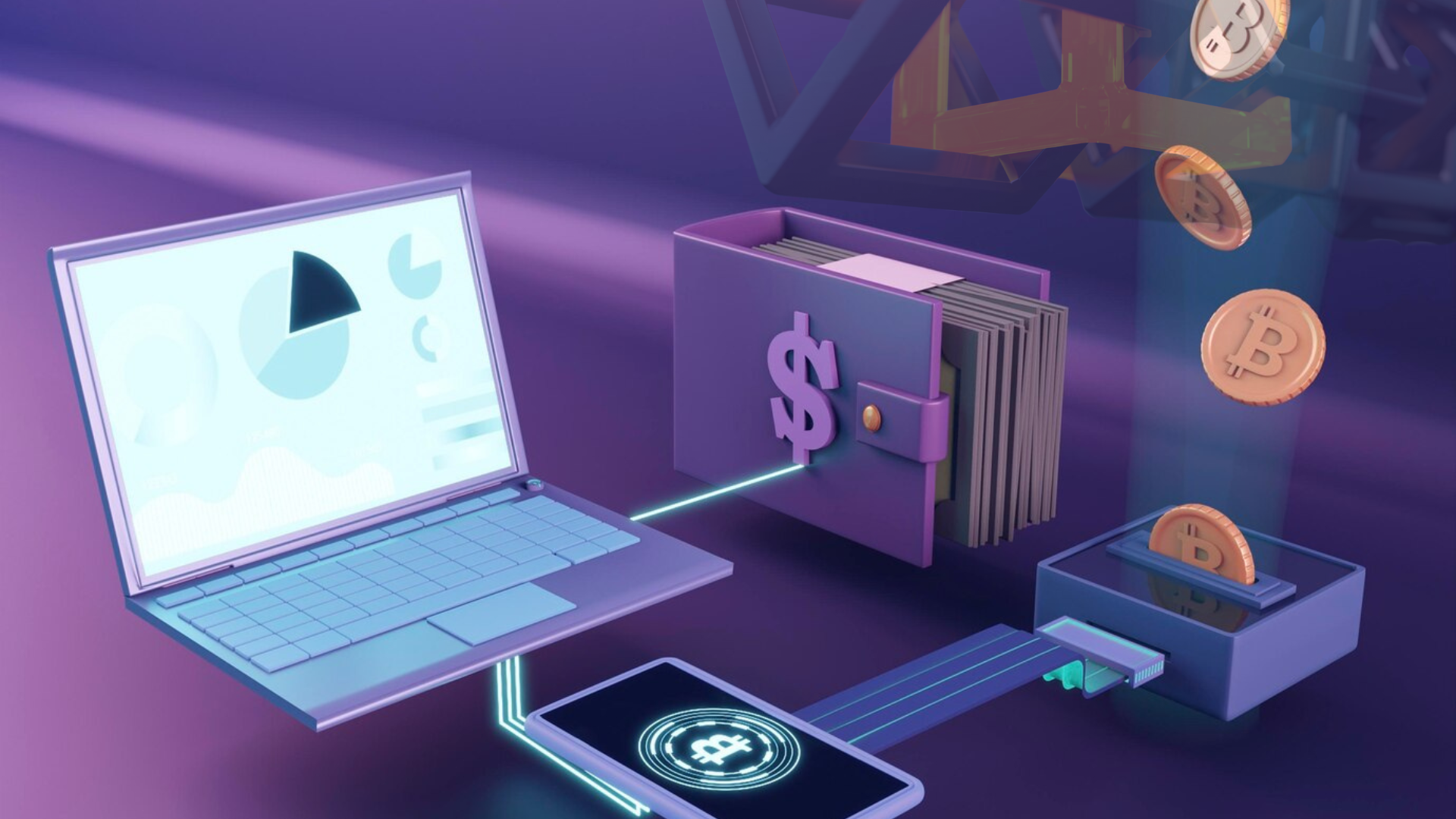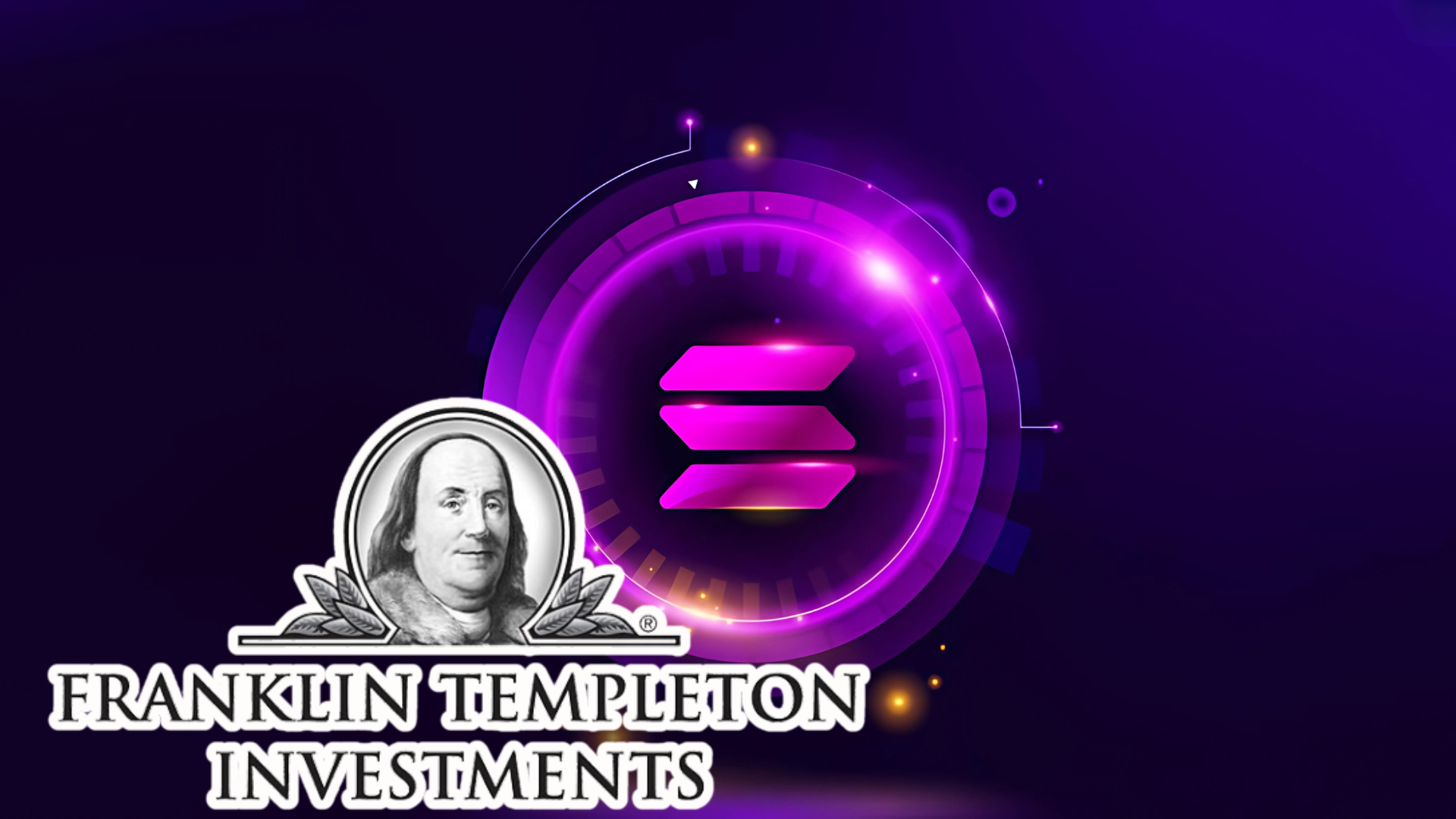
When people discuss zero-knowledge cryptography (ZK) in 2024, the conversation often revolves around privacy-focused use cases within the web3 ecosystem, involving blockchain technology, cryptocurrencies, and digital wallets. However, ZK technology has the potential to transcend the boundaries of web3, offering transformative benefits to traditional industries without requiring them to adopt full blockchain infrastructure.
The Untapped Potential of ZKPs
Zero-knowledge proofs (ZKPs), a cryptographic method enabling a party to prove a statement’s truth without revealing the underlying data, have existed since the 1980s. Despite their origins predating web3, their potential remains largely tethered to blockchain applications. However, traditional companies can and should leverage ZK technology independently of web3 adoption.
At its core, ZKP involves a prover who creates the proof and a verifier who validates it, all while keeping the data private. This elegant solution can be applied across various real-world scenarios, enhancing security, privacy, and efficiency in systems that have no connection to blockchain technology.
Real-World Use Cases Beyond Blockchain
1. Fairness in Gaming: Proving Slot Machine Payouts
Imagine a world where you never have to trust a gaming operator. Instead, a ZKP system could ensure that digital slot machines are fair, showing proof that a game has paid out a specific amount without disclosing individual spins or player identities. This would not only enhance transparency but also maintain player privacy. A recent incident with DraftKings and White Hat Gaming, which faced fines for a malfunctioning game, illustrates how ZK technology could prevent such issues by providing verifiable proof of fairness.
2. Ensuring AI Output Trustworthiness
With the rise of artificial intelligence (AI), verifying the authenticity of AI-generated outputs is becoming increasingly crucial. The University of Southern California’s IWitness project, which allows users to interact with holograms of Holocaust survivors, could benefit from zero-knowledge machine learning (ZKML). By implementing a “proof of algorithm output”, the project could guarantee that responses are generated from a verified, correctly trained algorithm, preserving historical accuracy without exposing sensitive data.
The Future of ZK: Trustless Systems for All
Zero-knowledge cryptography offers a trustless, decentralized verification system that eliminates the need for users to trust centralized entities. By integrating ZK proof verification systems like zkVerify, companies can enhance security without overhauling their existing infrastructure. The result is a plug-and-play solution where organizations can verify proofs transparently, even if they are not part of the web3 ecosystem.
ZK Is Bigger Than Web3
The future of zero-knowledge cryptography is vast, offering game-changing applications beyond web3. From gaming and AI to regulatory compliance and data security, ZK technology has the potential to revolutionize industries by providing decentralized, trustless systems. As more organizations recognize its value, ZKPs could become a standard feature of privacy-first technologies, reshaping the way businesses and users interact with data.

























































































































































































































































































































































































































































































































































































































































































































































































































































































































































































































































































































